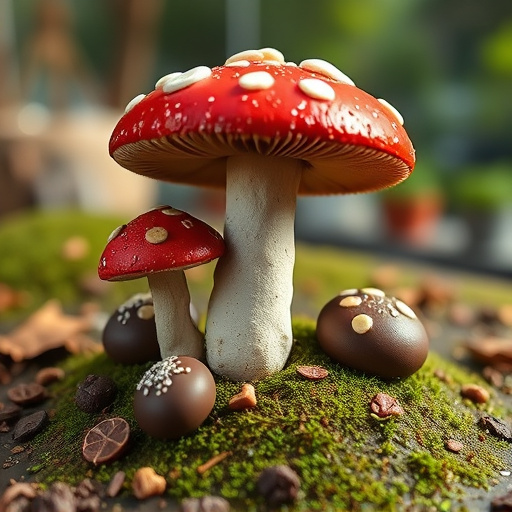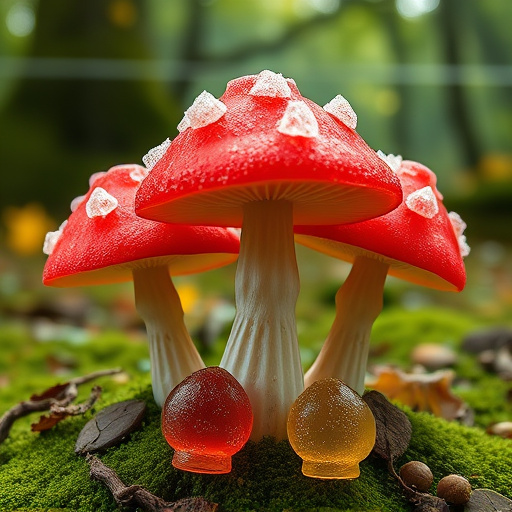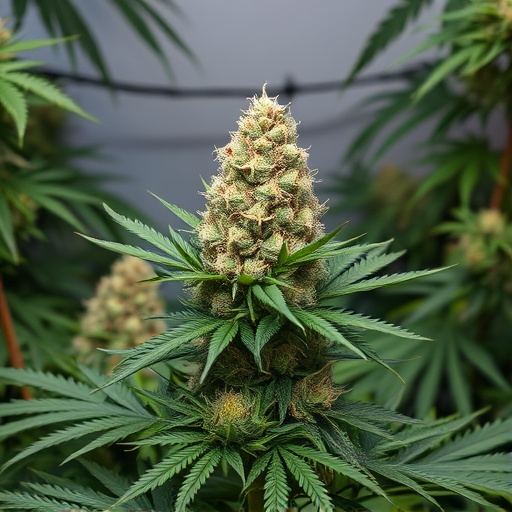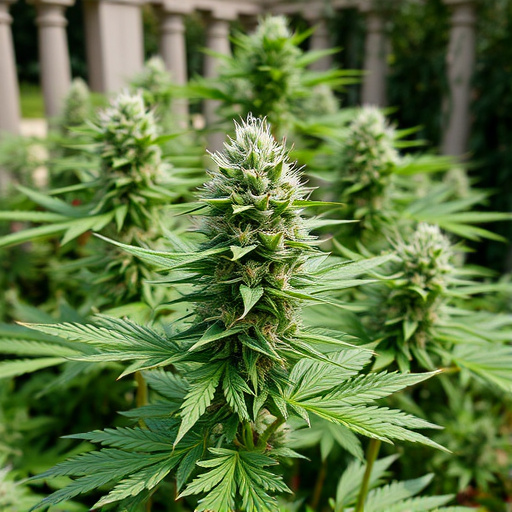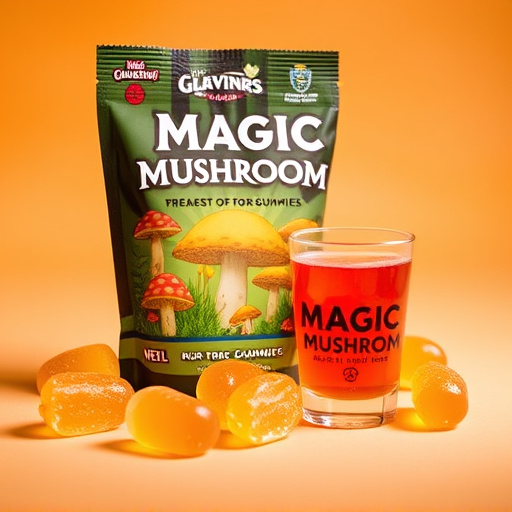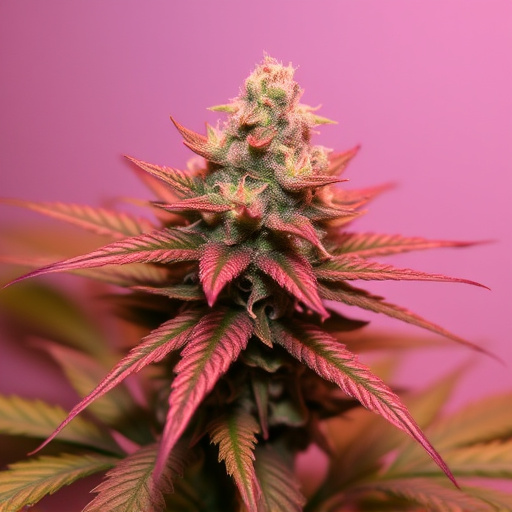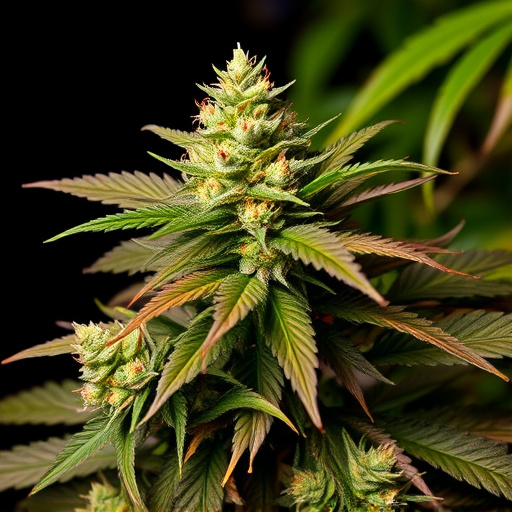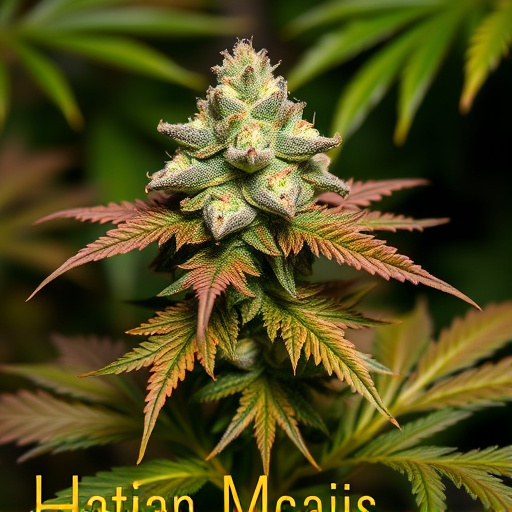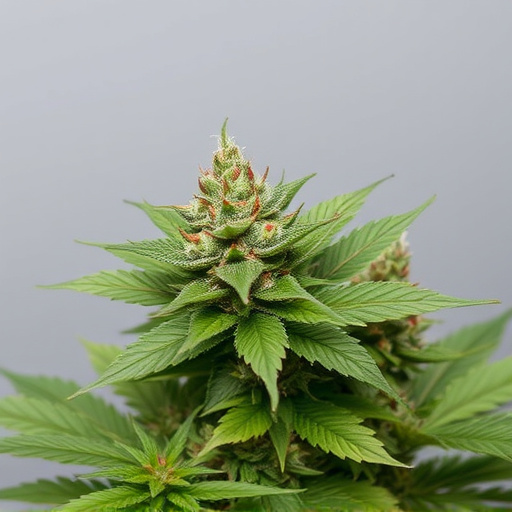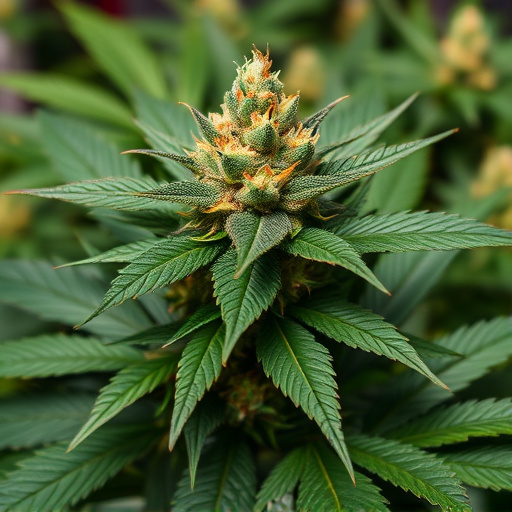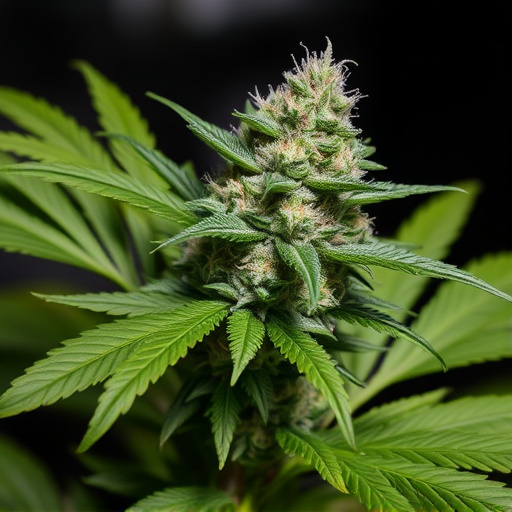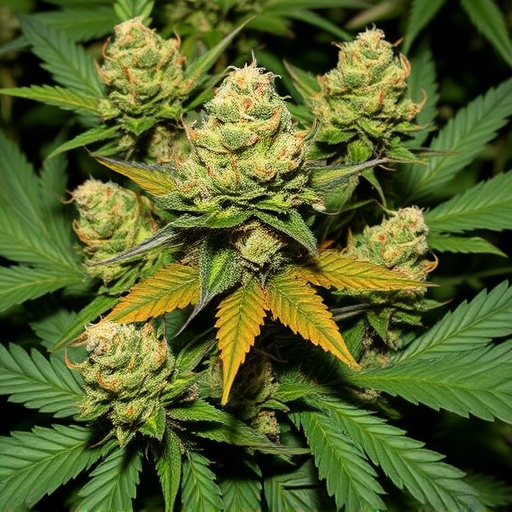Jamaican weed strains, renowned for their potent THC and CBD levels, undergo complex metabolism upon consumption. The liver converts THC into 11-OH-THC, increasing its potency, through enzyme facilitation. Metabolites are then excreted from bodily fluids. Detection times vary based on use frequency, strain (like Jamaican varieties), individual factors like BMI and liver health, and consumption method – smoking/vaping vs edibles. Chronic users or heavy consumers of Jamaican strains may have longer retention periods, impacting travel and legal situations.
Discovering how long cannabis remains detectable in your system is crucial for understanding its effects and legal implications. This article explores the science behind cannabis metabolism and excretion, delving into factors influencing detection times, including the unique characteristics of Jamaican weed strains. By examining these variables, you’ll gain insights into why potency levels can vary significantly, helping to dispel myths and provide clarity on this frequently asked question.
- Understanding Cannabis Metabolism and Excretion
- Factors Influencing Potency Detection Time
- Jamaican Weed Strains: Unique Characteristics and Their Impact on Detection Duration
Understanding Cannabis Metabolism and Excretion
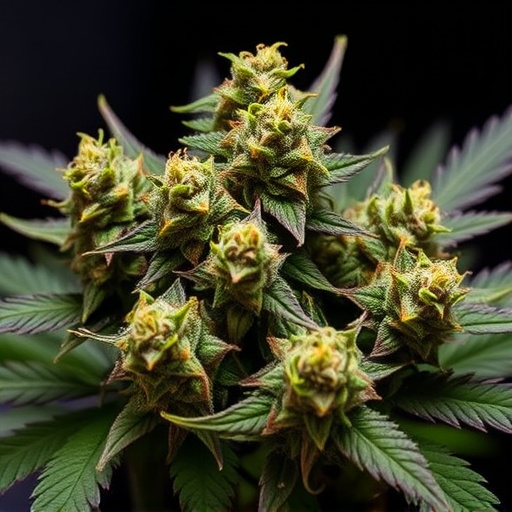
Cannabis, particularly renowned Jamaican weed strains, is metabolized and excreted from the body in a complex process. After consumption, whether through smoking or ingestion, cannabis compounds like THC (tetrahydrocannabinol) and CBD (cannabidiol) are absorbed into the bloodstream via respiratory or gastrointestinal pathways. Once in the bloodstream, these compounds are distributed throughout the body, affecting various systems, including the central nervous system.
The metabolism of cannabis involves several enzymes and organs. The liver primarily metabolizes THC into 11-hydroxy-THC (11-OH-THC), which is more potent and has a longer half-life than its parent compound. This process is facilitated by cytochrome P450 enzymes, notably CYP2C9 and CYP3A4. The resulting metabolites are then excreted from the body through urine, feces, and bile. The duration cannabis remains detectable in the system varies based on factors like consumption method, frequency, metabolism rate, and individual tolerance, with studies suggesting that THC can remain in the body for up to several weeks after occasional use and even longer in chronic users or heavy consumers of Jamaican weed strains.
Factors Influencing Potency Detection Time
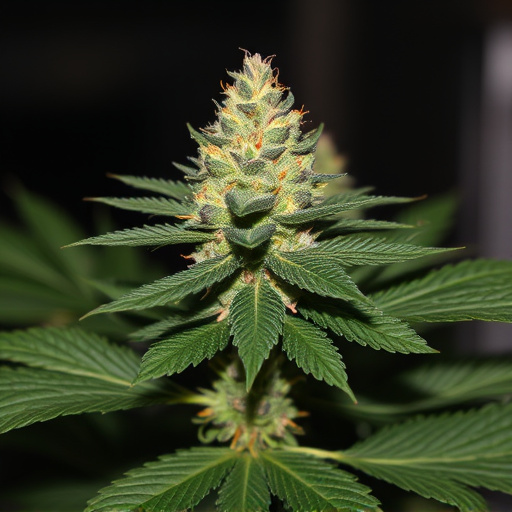
The duration cannabis remains detectable in your system varies based on several factors, including the type or strain—for instance, Jamaican weed strains are known for their potent properties—and frequency of use. Different individuals metabolize and eliminate cannabinoids at varying rates due to genetic predispositions and overall health.
Other influencing elements include body mass index (BMI), metabolism, liver function, and whether one smokes, vapes, or consumes edible cannabis products. Smoking or vaping allows for quicker absorption, leading to faster detection times compared to edibles, which take longer for the body to process. Additionally, factors like age, gender, and individual tolerance levels play roles in determining how long cannabis remains detectable.
Jamaican Weed Strains: Unique Characteristics and Their Impact on Detection Duration
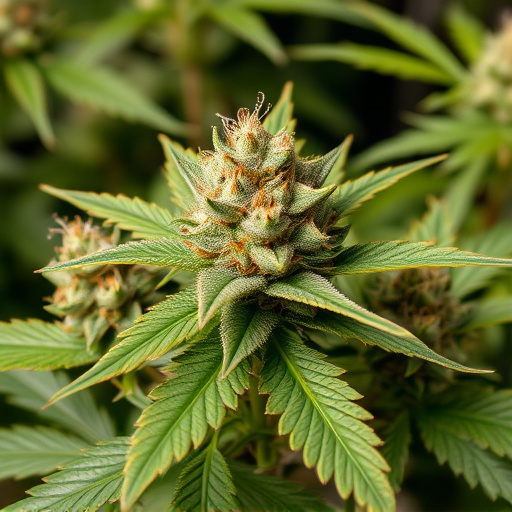
Jamaican weed strains, renowned for their potent and unique characteristics, offer a fascinating insight into how different cannabis varieties can influence the duration cannabis remains detectable in your system. Originating from the vibrant island nation, these strains have developed distinct adaptations to their environment, which can translate into varied effects on users and testing outcomes. The lush tropical conditions and specific cultivation practices contribute to the elevated levels of certain cannabinoids, particularly THC (tetrahydrocannabinol), a key compound responsible for cannabis’s psychoactive effects.
The impact of these Jamaican strains on detection duration lies in their ability to concentrate higher levels of THC and other cannabinoids. This concentration effect can significantly extend the period during which cannabis use can be traced through standard drug tests. Users should be aware that specific jamaican weed strains, with their heightened cannabinoid profiles, may result in longer periods of detectability, potentially affecting travel plans or legal scenarios where random testing is prevalent.
Cannabis metabolism varies based on individual factors, and the detection time of its active compounds can be influenced by strain characteristics like those found in Jamaican weed strains. Understanding these nuances is essential for informed decision-making regarding cannabis use and subsequent drug tests. While studies show that traces of cannabis can remain in the system for weeks or even months, the duration significantly depends on usage frequency, metabolism, and the specific chemical composition of the consumed strain, such as those unique to Jamaican weed strains.

